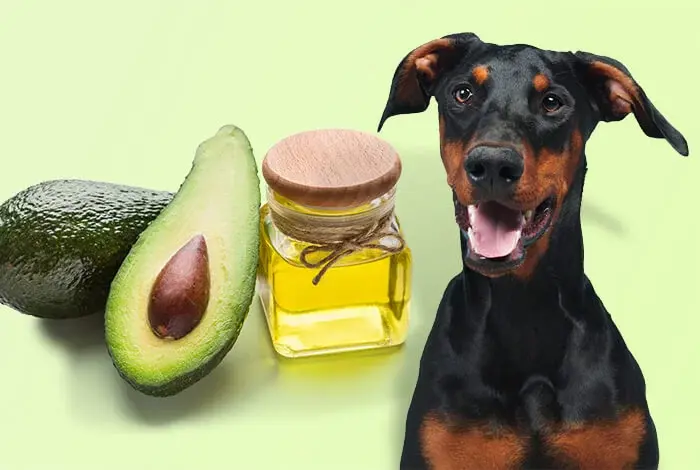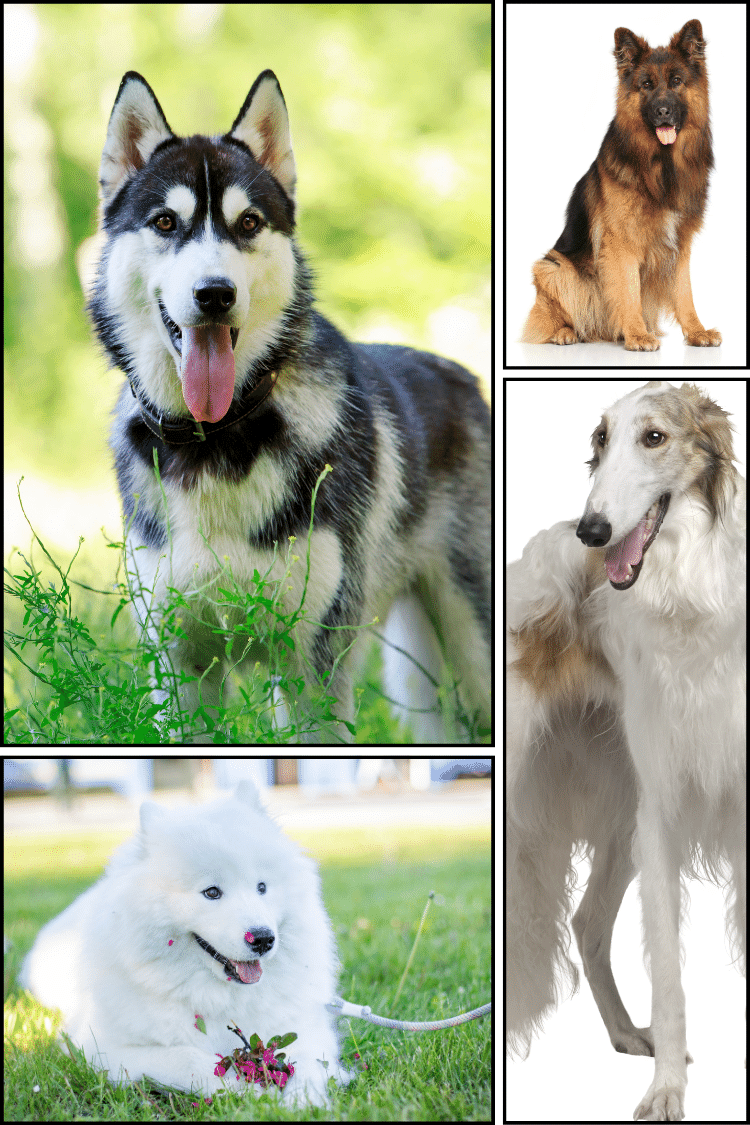Avocado Oil for Dogs: Benefits, Risks, and How to Use It Safely

If you’ve ever cooked with avocado oil, you know why people love it. It’s light, smooth, and full of good fats that make food taste richer. But when you see your dog’s curious eyes watching you drizzle it on your salad or mix it into your meal, it’s natural to wonder — can dogs have avocado oil too?
The short answer: yes, they can — but with limits and understanding. Like most things in a dog’s diet, it’s about knowing what helps, what harms, and how much is just right.
Why avocado oil caught pet owners’ attention
Avocado oil has become popular in human diets for its heart-friendly fats and skin-nourishing properties. Naturally, many dog owners started asking if their pets could benefit from it too. After all, dogs also need healthy fats to maintain shiny coats, supple skin, and strong immune systems.
And while avocado fruit itself can be tricky because it contains a compound called persin (which can be toxic in large amounts), the oil made from the flesh is a different story. Most of that persin doesn’t carry over into the oil — which makes it generally safe for dogs when used properly.
Still, it’s not something to pour freely. Like with coconut oil or fish oil, a little goes a long way.
The benefits — why some dogs actually thrive with a bit of avocado oil
1. Healthier skin and coat
Dogs with dry or flaky skin often benefit from extra healthy fats in their diet. Avocado oil is rich in oleic acid and omega-3 fatty acids, which support natural oil production in the skin. Over time, it can help reduce itchiness, dandruff, and dull fur.
Many owners notice their dog’s coat looking shinier after a few weeks of consistent use. It’s not instant — it’s subtle, but visible.
2. Anti-inflammatory support
The same compounds that make avocado oil heart-friendly for humans can help dogs too. Its natural antioxidants and monounsaturated fats may ease mild inflammation, especially in older dogs dealing with stiff joints or minor allergies.
It’s not a cure for arthritis or major health issues, but it can be part of a more balanced, anti-inflammatory diet.
3. Immune and heart health
Vitamin E, found naturally in avocado oil, supports immune function and helps protect cells from damage. It also helps maintain healthy muscles and a strong cardiovascular system. For dogs that eat mostly kibble, a small addition of vitamin-rich oils can fill nutritional gaps.
4. Digestive help (in moderation)
A small amount of healthy oil can support digestion and nutrient absorption. Some dogs with mild constipation or dry stools benefit from a few drops mixed into their meals. Again, balance matters — too much oil can flip the effect and upset their stomach instead.
What about the risks?
Avocado oil may be safe, but it’s not risk-free. Here’s what to keep in mind before adding it to your dog’s bowl.
1. Persin content (and the avocado myth)
The compound persin exists mostly in the avocado pit, skin, and leaves. In the oil, its levels are very low — far below what’s known to harm dogs. But that doesn’t mean “unlimited use.” Even small traces can cause stomach upset in sensitive dogs, especially if you use too much or too often.
2. High fat content
Avocado oil is 100% fat. It’s the good kind, yes, but still fat. Dogs that are overweight, have pancreatitis, or are on special low-fat diets shouldn’t have added oils without a vet’s approval.
A teaspoon might seem tiny to you, but for a small dog, it can be equivalent to a person eating several tablespoons of pure fat at once.
3. Possible digestive upset
If you add too much too soon, your dog might experience loose stools, vomiting, or loss of appetite. Always start with small amounts — like a drop or two mixed into food — and watch how your dog reacts.
4. Quality concerns
Not all avocado oils are created equal. Some commercial versions are blended with cheaper vegetable oils or are poorly stored, which makes them rancid faster. Always use cold-pressed, pure avocado oil labeled for human consumption — never flavored or spiced versions.
How to use avocado oil safely
Start small
Think of it as a supplement, not a meal ingredient. For small dogs, start with ¼ teaspoon a few times a week. For medium to large dogs, ½ to 1 teaspoon is usually enough. You can drizzle it over their food or mix it into cooked meals.
If your dog tolerates it well, you can gradually increase the amount — but never exceed more than 1 teaspoon per 10 kg (22 lbs) of body weight per day.
Topical use works too
Avocado oil isn’t just for eating. It’s great for external use, especially on dry paws, elbows, or rough patches of skin. Rub a small amount into the area and let it absorb. It softens and soothes, much like coconut oil does.
Just keep an eye on them — most dogs will try to lick it off, which isn’t dangerous in small amounts but defeats the purpose of moisturizing.
Combine it wisely
You don’t need to use avocado oil alongside other fatty supplements like salmon oil or flaxseed oil unless advised by a vet. Mixing multiple oils can easily push fat intake too high. If your dog is already on fish oil for omega-3s, it’s better to stick with one type and alternate occasionally.
Store it right
Avocado oil can go rancid if exposed to heat or light. Keep it sealed, in a cool cupboard, and toss it if it starts to smell bitter or grassy.
When not to use it
Avoid avocado oil if:
- Your dog has a history of pancreatitis or fat sensitivity.
- Your vet prescribed a low-fat or special digestive diet.
- Your dog shows allergic symptoms after eating avocado or plant oils (itching, vomiting, diarrhea).
When in doubt, always ask your vet before adding new supplements. Even something as simple as oil can interact with medications or worsen existing conditions.
Real-life tip: watch your dog, not the label
Every dog reacts differently. Some will glow with softer fur and calmer skin after a few weeks. Others might show no difference — or even have mild tummy upset. Don’t expect magic. Oils can support health, but they can’t fix deeper problems like poor diet or allergies alone.
If you’re trying avocado oil for skin or coat issues, track changes weekly. Take photos, note shedding patterns, and adjust amounts gradually. The key is consistency, not quantity.
The bottom line
Avocado oil can be a gentle, natural addition to your dog’s routine — if used thoughtfully. It’s full of healthy fats, vitamin E, and antioxidants that can support skin, coat, and overall wellness. But it’s not a must-have, and it’s not a cure-all.
Start with small amounts. Use high-quality oil. Watch how your dog responds.
If you’re ever unsure, check with your vet — especially if your dog has health issues or a sensitive stomach.
At the end of the day, your dog doesn’t need fancy ingredients to thrive. But sometimes, that little drizzle of avocado oil — balanced, measured, and mindful — can make their food (and their fur) just a bit better.
Top Lists






